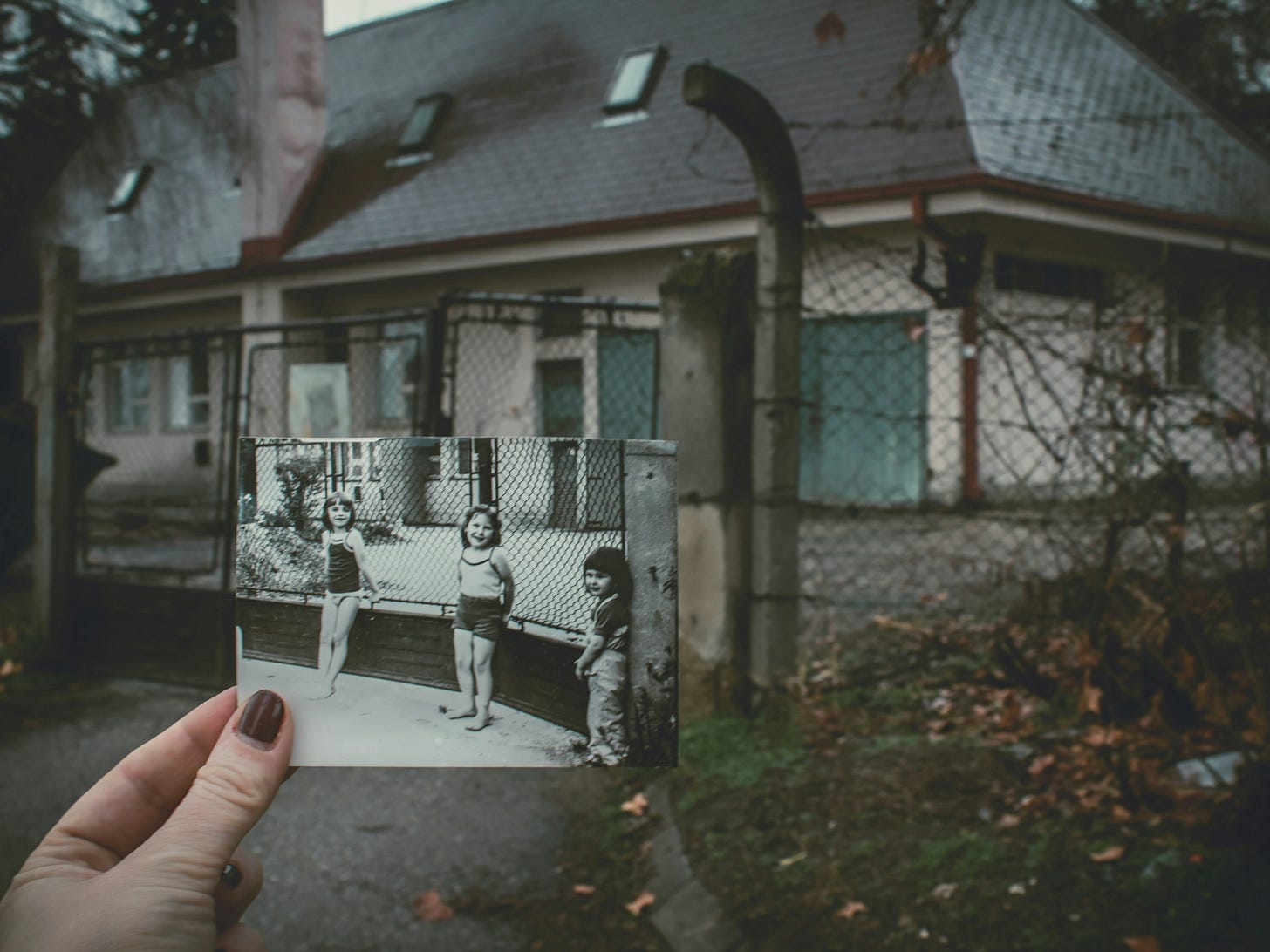Image credit: Anita Jankovic on Unsplash.
The parent pendulum I first noticed this in China as an outsider looking in The overcompensation, the pivot from side to side with every generation. When all someone remembers of their childhood is that they never learned to read, how they nearly froze to death, and had very little to eat. Can you blame them then if they insist that their kids go to school the year they turn three? Giving them an early start towards working on their degree. In every single family we do this in some way. With the best of intentions and the hopes of making everything okay. But we cannot fix the past by projecting our childhood wounds onto the ones we’re trying to protect. We’re not breaking the pattern if our best hope is that they will do better because “we gave them what we never had”. Especially if that giving comes with unrealistic expectations, and the pressure of fulfilling our dreams even if it costs them secretly falling apart at the seams. The true battle of breaking patterns is always within, and reparenting our younger selves is where we need to begin. Because our deepest parental motivations cannot be based on ‘never being like our fathers’. And we cannot change any narrative if we keep on internalizing the toxic sayings of our mothers. We have to face how we were hurt despite them often not even knowing what they did. Assuming they could only teach us what they knew, and believed to be true. I believe the greatest gift we can give our kids are dealing with our own unhealed trauma and figuring out how to make our lives the final series of ongoing family drama. There is only one way to break the cycle, to stop the pendulum going from the far left, to the far right, effectively being a wrecking ball, destroying everything In sight. And that is dealing with our version of the pain and heartache that comes with rejection or growing up in the shadow of addiction. Our feelings of being too much or never enough, and realizing that our best performances only gave us the praise we mistook for love. What if we could look at it through a lens of compassion, and instead of waiting for an apology, we can seek to understand how well they actually did with the little they had at hand. Perhaps it is also time to let go of the coping mechanisms that helped us survive. Be it freeze or fawn fight or flight, and the triggers it still sets off when we move just a little out of the light. Because it will keep showing up in our current relationships as a lack of healthy boundaries, or crippling anxiety aggression, perfectionism or co-dependency. Like every generation, we will make mistakes, but may we not be guilty of avoiding to do our own work (if needed with therapy) because we are too busy overfixing everyone else. Maybe it would also not hurt to take a second look, at what didn’t exactly feel comfortable but turned out to be for our good. Because there are pros and cons to everything even on the far side of each pendulum swing. I wish it was an option to land softly in the middle, but with parenting and life there is no perfect middle ground or in between. only navigating constant change, sometimes visible and often unseen. As we continue to heal may we grow in awareness of how our actions, affect others And may we make intentional (instead of reactional) shifts in our trajectory. Because at the end of the day this will be our legacy.



Thank you. I am retired, nearly 70. Some thimgs in my life I am only now realizing were from the wounds of childhood. But also some of my strengths are because my parents did some things well. I have learned to appreciate that one of the realities in honouring our parents is that all relationships in our world require grace to move forward. Perhaps we weren't commanded to honour our parents only because they were gnerally right, but also because they were flawed. In this life we have to learn to esteem people with flaws. Sorry this is so long.